Published
- 01:00 am
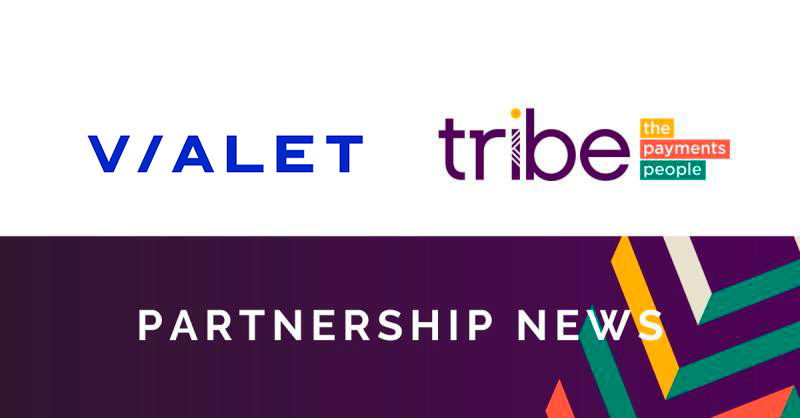
Payment technology company Tribe Payments, today announced it has been selected by VIALET, an alternative financial solutions provider, to provide both issuer and acquirer processing services.
The partnership is a key part of VIALET’s ambitious ongoing growth plans to build a payment infrastructure based on its own principal membership of the major payment schemes. VIALET are already live with Tribe for acquirer processing and 3DSecure. They are also set to use Tribe’s end-to-end payments platform to launch several issuing products, including both digital and physical credit and business cards with GooglePay and ApplePay wallet options.
Through its issuer and acquirer processing platform, ISAAC, and its risk management solutions, Tribe provides the latest modular technology to enable banks, fintechs and acquirers to power bespoke payments programmes. By using Tribe’s feature-rich solutions and data-driven controls, VIALET can shape their customer experience and deliver innovative payments services for their customers.
“Initially, we needed a ready-to-use solution for acquiring VISA and Mastercard payments that would come at a reasonable cost,” says Artjoms Grivkovs, CEO of VIALET. “But ultimately we chose Tribe because we know we will get a supportive partner who can help us to achieve and even surpass our growth and diversification plans for this year and beyond.”
“We’re proud to showcase the capabilities and innovation possibilities that Tribe can offer,” says Alex Reddish, Chief Commercial Officer at Tribe Payments. “by working with a technology partner that can deliver both issuer and acquirer services, VIALET have a wealth of functionality, data and customisation options at their fingertips. We’re very proud to support this progressive, forward-thinking business as they introduce further innovation across Europe.”
Related News
- 02:00 am
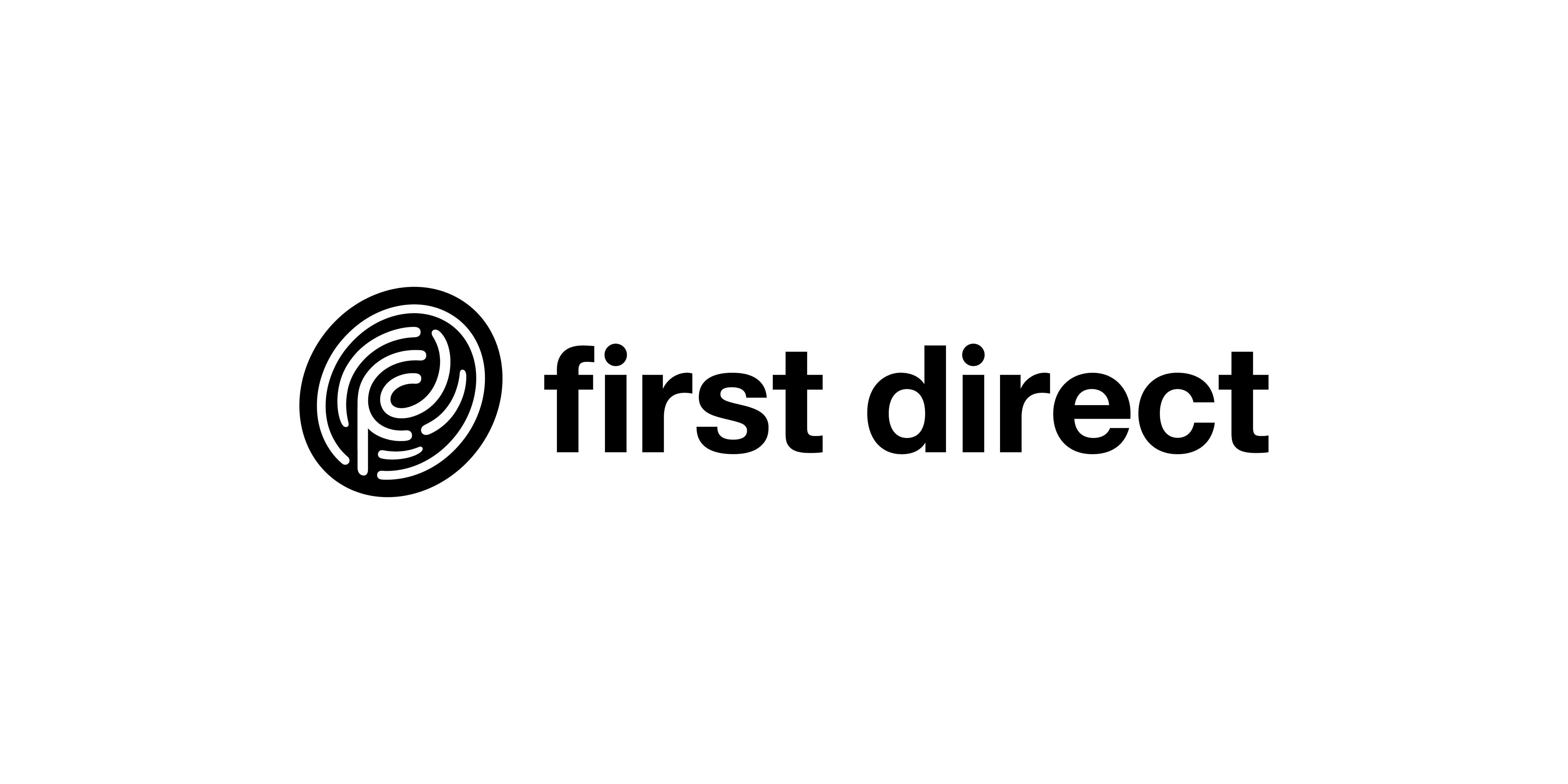
first direct has introduced a new transaction details feature on its mobile banking app, making it easier for customers to understand their spending, reducing confusion relating to unrecognised transactions.
HSBC announced a three-year global partnership with Bud back in 2019, and this announcement marks the integration of Bud’s data enrichment capabilities into first direct’s mobile app
Chris Pitt, Chief Executive of first direct, said: “Our focus has always been to only deliver features customers want and need. This provides valuable insight into your spending, making it easier to see what each transaction was for, and also easier to spot what is an unrecognised transaction.
“Co-creating transaction enrichment with Bud gives us a launch pad to start rolling out a bunch of new features to customers, which will provide them with more exciting, bespoke features such as an in-app marketplace and personalised recommendations”.
Transaction satisfaction
first direct customers using the app via iOS and Android are now able to see clean merchant names*, merchant logos, and transaction categories.
Initially, transactions are tagged into one of over 100 categories, with Bud’s identification service being used to recognise around 3,000 UK merchants.
How does it work?
Customers just need to select the transaction they want to see more details on and it will give them the transaction details – company name, logo, category, date of transaction, reference and what account the transaction debited.
Is it flexible?
It’s an automated system, but customers have the power to choose the category they would like a transaction to sit under.
Chris Pitt added: “We’re aiming to be a challenger to the challenger banks, and this is a key step for us on our journey to roll-out useful features for customers. This enriched data functionality unlocks a world of opportunity for our customer experience as it will give us insights which will underpin a lot of the new features we’re releasing later this year."
Related News
- 01:00 am
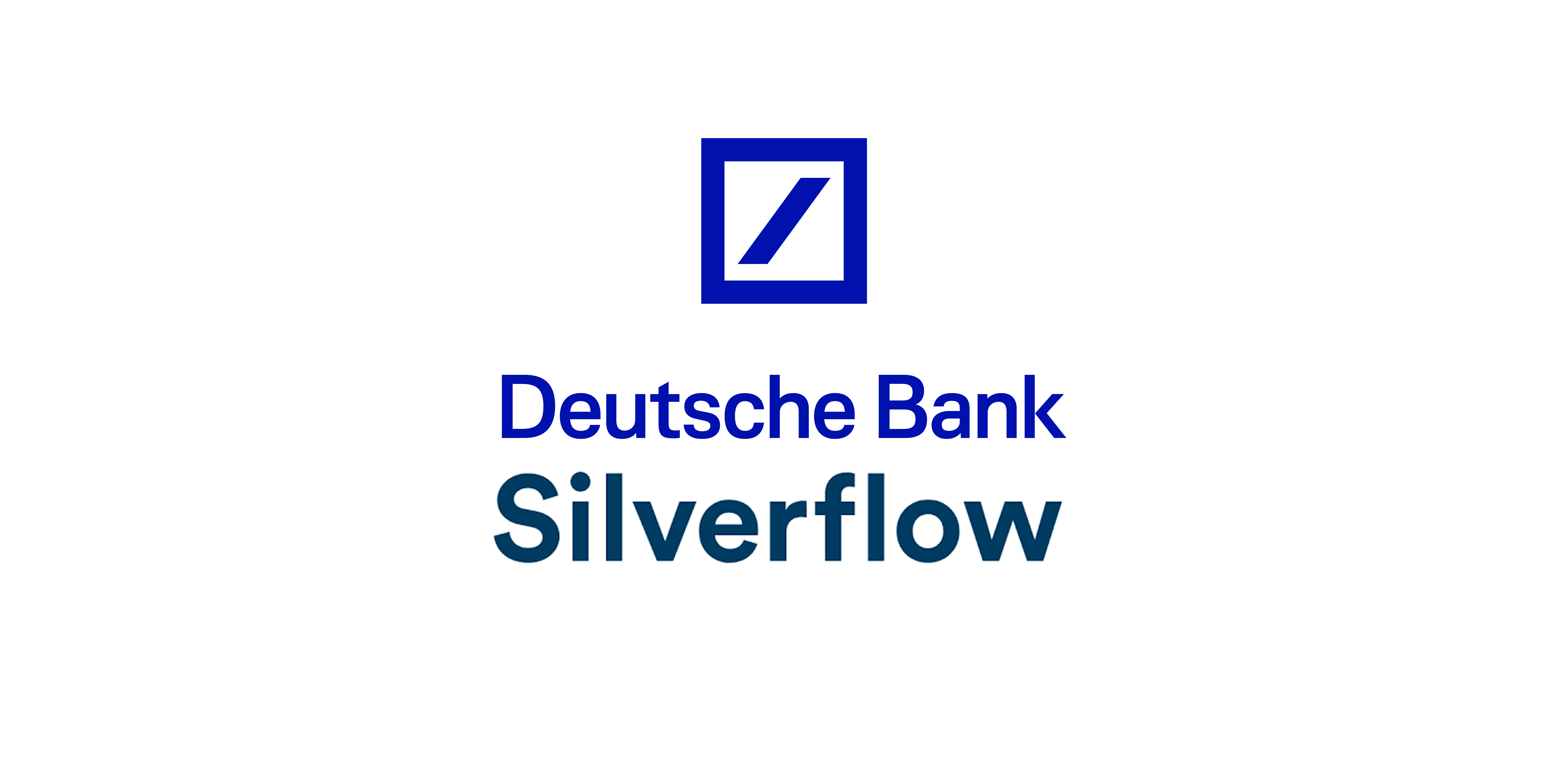
Deutsche Bank and Silverflow have announced a global partnership to support the bank’s payments strategy. The partnership will include two new payment services, which are expected to launch in Autumn 2021.
Kilian Thalhammer, Head of Merchant Solutions at Deutsche Bank’s Corporate Bank, said, “Deutsche Bank is creating a new digital payment ecosystem, working with best-in-breed tech players like Silverflow. With Silverflow’s cloud-native payment technology, we can offer our customers high-end, best-in-class services that set new standards for bank-supported acquiring services and digital payments.”
Deutsche Bank will enable PSPs across Europe and the US in the first step to accept debit and credit card payments through Silverflow’s cloud-based card acquiring service.
Silverflow will also provide innovative new solutions for Deutsche Bank corporate banking customers. Initially launching in Germany, Silverflow’s will provide access to its machine-learning powered merchant chargeback API to manage disputed payments from card issuers on behalf of a cardholder. This is an industry-first approach to automate a largely manual mail and fax-based process, which will help merchants make substantial cost savings.
Founded by experienced online payments experts, Silverflow is the first card payments processor with a cloud-native platform with simple APIs, robust data and direct card network integration. Based on today’s service-based technology approach, Silverflow helps customers easily add new features, markets and scale processing capacity as needed.
Anne Willem de Vries, Co-Founder and CEO of Silverflow said, “Silverflow is building a new payments tech stack for the modern age that aims to replace the legacy systems that the industry has long viewed as an immovable force. Silverflow enables customers and partners to setup, scale and automate manual tasks such as managing chargebacks, alleviating headaches and supporting growth. Signing Deutsche Bank as our global partner is a significant achievement for Silverflow that shows the strength of our technology and team, bringing best-in-class card payments processing to banking customers.”
Related News
- 03:00 am
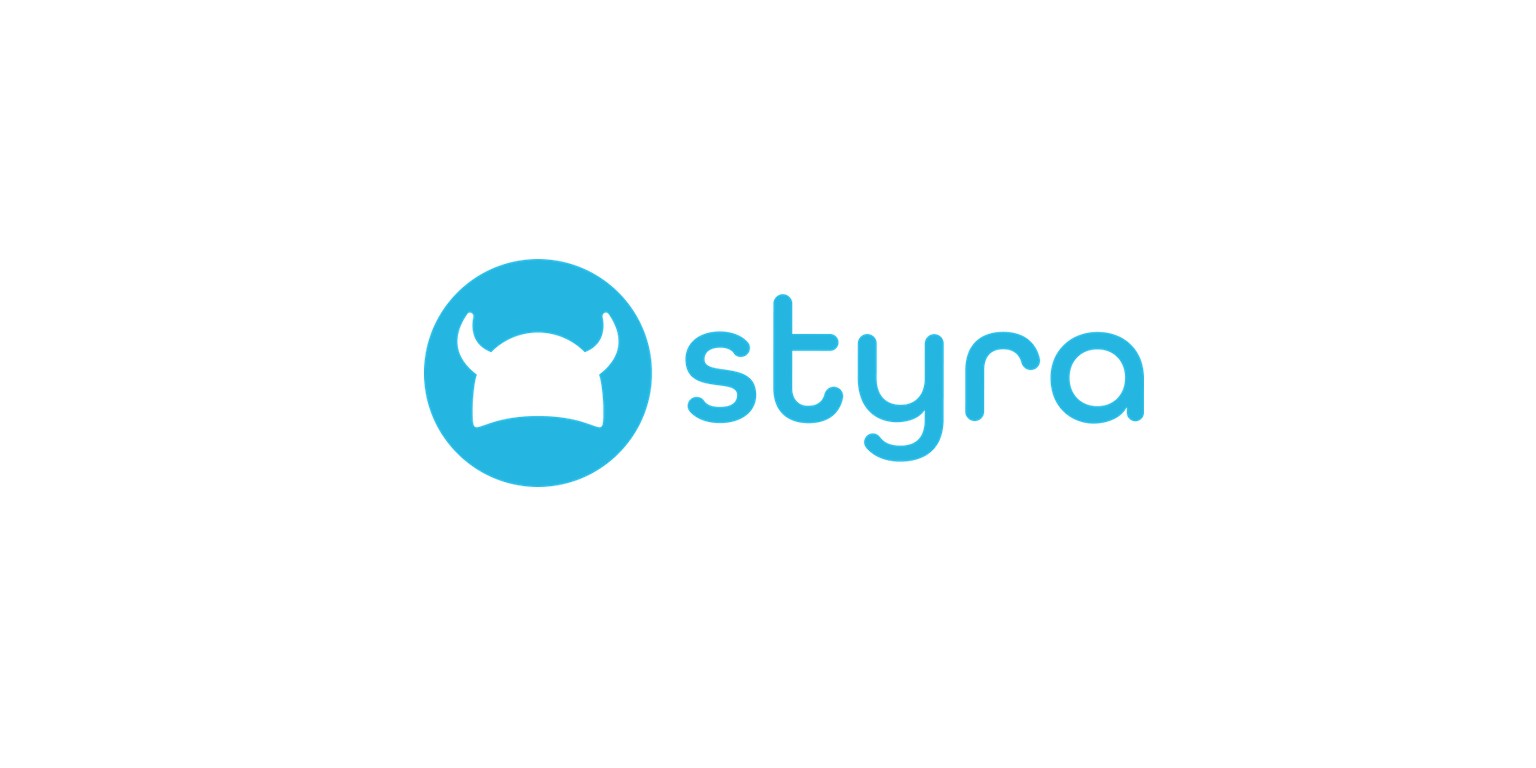
Styra, Inc., the founder of Open Policy Agent (OPA) and leader in cloud-native authorization, has raised a $40 million Series B funding round to continue driving the reinvention of policy and authorization for cloud-native applications. The round was led by Battery Ventures with participation from previous investors, A. Capital, Unusual Ventures, and Accel, as well as new investors at Capital One Ventures and Citi Ventures. With this funding, Dharmesh Thakker, General Partner at Battery Ventures, will be joining the Styra board. The round further solidifies its market leadership and provides capital to accelerate its founders’ vision—to create the standard for authorization—which started with OPA.
OPA, initially proven out at scale by the likes of Netflix, Capital One, Atlassian, Pinterest and others, has now reached the point of over one million downloads per week. Styra has also seen exponential business traction in 2020, achieving 300% customer and commercial growth year-over-year, and 90% headcount increase.
OPA and Styra Declarative Authorization Service (DAS), the commercial control plane for OPA, address two related but separate inflection points—cloud migration/digital transformation, and the need to rethink authorization. Accelerated by the new requirements for remote work, legacy apps are being migrated to the cloud in earnest and new apps are cloud-native from the start. In both cases that means apps are shifting to a containerized model, are running on Kubernetes and utilize DevOps/CICD processes.
“Our vision has always been to create the standard for authorization—the control over what a user or service can do—and our OPA project has become just that,” said Bill Mann, CEO of Styra. “It’s exciting for OPA and Styra to be at the forefront of cloud-native, shift left, zero trust, and developer-centric architectures. This funding proves the validity of the authorization market for cloud-native applications and solidifies Styra as the leader in this critical market space.”
With this funding, Styra will double its current team by the end of 2021, initially in its product management, customer success, open source and go-to-market departments. The team will support enterprise deployments as well as ramp up business development and ecosystem partnerships. Additionally, the company plans to invest in employee career growth, people operations and diversity—ensuring it is bringing both cultural diversity and broad industry experience into the organization.
From a product perspective, the company plans to utilize this funding to enhance Styra DAS with new policy-as-code use cases across the cloud-native stack, and expand integrations with key technology partners. Additionally, Styra will expand its open source and developer advocacy team, ensuring OPA users find success at every stage of their journey. Styra will also continue to foster the community culture of collaboration and innovation that has made OPA so successful.
Intersection of digital transformation and cloud-native authorization
Digital transformation has become a top priority for enterprises in the wake of a global pandemic. The unprecedented demand for remote work requires a shift to cloud-native application development, in order to provide better uptime, reliability and efficiency. However, new cloud-native architectures and an “everything-as-code” landscape means that authorization is more critical than ever before. This includes what parts of the app can talk to each other, who/what can access certain components of the app, what can exist in production and more. Given the possibilities are far more complex than on legacy monolithic applications, a new method for performing authorization is required.
“We are extremely impressed with the Styra team and the progress they’ve made in this dynamic market to date,” said Battery’s Thakker. “Everyone who is moving to the cloud, and adopting containerized applications, needs Styra for authorization—and in the light of today’s new, remote-first work environment, every enterprise is now moving to the cloud.”
Added René Bonvanie, a former Palo Alto Networks executive who is now an executive in residence at Battery and was involved in the deal: “In 11 years working at one of the largest public cybersecurity companies, I saw no one who had managed to solve authorization for the cloud-first world. Styra is filling that void, and we are very excited about what’s ahead.”
OPA has been proven in production with over 75 million downloads—which increased nearly 600% in 2020 alone—and is deployed in some of the largest cloud-native environments in the world. On top of this, the Cloud Native Computing Foundation announced that OPA met the criteria to achieve graduated status in February 2021, making it the only graduated project to solve for authorization. Styra DAS enables enterprises to deploy, monitor and manage OPA at scale. The combination of OPA and Styra DAS ensures that authorization and access in today’s complex environments can be controlled and audited across teams, clusters and clouds.
Learn more about securing your cloud-native solutions with Styra.
Related News
- 05:00 am

New research from strategy consulting firm Edgar, Dunn & Company specialized in payments and digital financial services, commissioned by Nuvei Corporation (TSX: NVEI and NVEI.U), highlights the importance for marketplaces to build a future-proof payment strategy to maximize the opportunity for growth. The report “The Evolving Needs of Today's Marketplace. Leveraging payment technology as a growth catalyst” also analyses best practices for marketplaces to optimize their payment processes and increase profitability.
A Nuvei report published in 2017 predicted that by 2020, around 40% of the world’s online retail market would be controlled by marketplaces. A recent analysis conducted by Digital Commerce 360 demonstrates that the marketplace share of total global web sales was actually 62% in 2020. Accelerated by local lockdowns during the pandemic, marketplaces experienced 81% growth in 2020, according to marketplace platform provider Mirakl’s Enterprise Marketplace Index. To capitalize on this faster than expected growth, many marketplaces now seek to create an entire ecosystem with large product choice as a means to retain and increase customer loyalty.
“Marketplaces face numerous complexities and need to constantly look at how the changing requirements of buyers, sellers and various external stakeholders impact their business model”, says Greg Toussaint, director at Edgar, Dunn & Company. “Being at the center of this intricate ecosystem, marketplaces now need to introduce new payment functionalities and solutions that cater to the needs of their local and global audiences.”
"Online sales have been accelerating due to rapidly changing consumer behavior, coupled with the increased accessibility and convenience of digital payments. This has created unique opportunities for marketplaces," said Philip Fayer, Nuvei's Chair and CEO. "Leveraging key payment best practices can support marketplace expansion to meet ever-increasing demand from both sellers and their customers.”
The report highlights key payments challenges that have become central for marketplace ecosystems. These include:
· Buyers/sellers onboarding: An often highly manual and time-consuming process which needs to be compliant with regulations. This can be problematic, in particular when onboarding non-local sellers.
· Pay-ins and pay-outs: Managing transactions can be challenging in terms of tax issues, reporting and reconciliation if the pay-in and pay-out providers are different. Equally, currency management and frequency, delay and cost of pay-outs significantly impact engagement and loyalty.
· Payment acceptance: Marketplaces need to offer a frictionless, secure and efficient payment experience, including local payment methods and emerging payment methods as these can significantly increase conversion rates.
· Regulatory constraints: In Europe, marketplaces are facing regulatory challenges including from PSD2 - imposing the regulatory requirement for handling funds between a seller and a buyer -, a European Regulation review of VAT payments for purchases made via marketplaces, and Strong Customer Authentication (SCA). In North America, marketplaces are accountable for fraud committed by sellers, and are responsible for verifying seller information.
· Financial reconciliation: Mixed baskets (one order including multiple sellers) can create issues of financial reconciliation at the time of delivery. Equally, split payments can involve high costs depending on the payment model when conducting settlements to multiple sellers rather than for the entire transaction.
· Fraud: Due to the significant increase in online payment volume, marketplaces have become increasingly attractive to fraudsters. This includes seller fraud and fake identities, money laundering and credit card theft.
To navigate the challenges, the report lists seven best practices related to payments and how these can be implemented. They are based on interviews with marketplaces as well as platforms and fraud and payments solution providers. The report recommends that marketplaces assess their current state of payments first, by conducting a 360-degree payments diagnostic. This enables them to focus on payment initiatives based on business priorities and to develop a roadmap to support their strategy.
“A boom in eCommerce sales and the evolution in customer behavior, following the COVID-19 crisis, have created attractive opportunities for marketplaces”, said Yuval Ziv, Nuvei’s managing director, digital payments. “Optimizing the customer journey through frictionless payment experiences will be more important than ever in order to remain relevant in this competitive environment.”
The report “The Evolving Needs of Today's Marketplace. Leveraging payment technology as a growth catalyst” is based on a series of interviews with industry experts and marketplaces. The white paper is available for download at http://try.nuvei.com/mwp01.
Related News
- 09:00 am
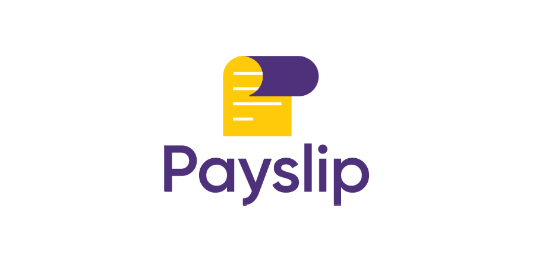
Payslip, an automation and integration technology platform for global payroll management, today announced a successful close of an additional $10M to its Series A financing round, bringing the company’s total financing to $14.5M. MiddleGame Ventures led the round, with Mouro Capital serving as co-lead and there was additional participation from Frontline Ventures, Tribal.vc, investors David Clarke, former CTO of Workday; Brian Williams- Co-Founder of One Source Virtual; and Phil Chambers, CEO and Co-Founder of Peakon.
This extension round follows a record year of growth for Payslip since its last financing in March 2020, which saw a nearly 100% increase in employee headcount, 40% revenue growth, and 25% quarterly customer growth. This investment empowers Payslip to continue helping multinational organizations solve a range of payroll-related pain points, including lack of data standardization & automation, reporting & analytics, compliance and payroll operational efficiency and facilitates the ability to grow a business by scaling into new countries and markets seamlessly. Proceeds from the funding round will also enable Payslip to hire more talent across a range of departments, including engineering, product development, sales, tech support, and finance to drive the business forward and serve its growing international client base.
“Companies with high growth international expansion need a flexible global payroll management system to onboard countries quickly and provide multi-country reporting, so their leadership can make smart FDI decisions,” says Fidelma McGuirk, CEO of Payslip. “Covid travel restrictions, in-country business continuity requirements, and increased WFH acceptability have turbocharged international hiring and country expansion. Payslip customers use our technology to grow quickly into new countries, deliver a unified employee self-serve experience globally and, most importantly, to have real-time insights via the reporting available on Payslip around payroll costs, operational delivery and vendor performance.”
With over 150 positions to be filled, the company is looking to hire both globally remote and Ireland-based employees. Payslip plans to also leverage this additional funding to expand its product roadmap to include enhanced payroll, benefits & employee payroll personalization, greater zero touch automation & validation, and last mile global payments & benefits integration. This will ensure its platform and integration technology are fully optimized to lead the next generation of innovation in the global payroll space.
“Fidelma and the Payslip team are pioneering a new technology that solves problems for clients with complex payroll needs,” says Patrick Pinschmidt, General Partner at MiddleGame Ventures. “By removing friction and standardizing data flows, Payslip enables greater customization around enhanced services for employees. This flexible global payroll tech is unique in the marketplace and we are excited to help them create innovative, problem-solving solutions for global employers.”
Payslip helps organizations automate and standardize their global payroll management. From high growth technology native companies to large enterprises, Payslip’s platform and integration technology are designed to solve problems and respond to the challenges brought about by traditional payroll models which can no longer meet the demands of a rapidly changing payroll and high growth environment.
Payslip is already used by dozens of multinational organizations throughout various industries and customers include LogMeIn, Get Your Guide, Cloudera, and Airbus. To learn more, please visit www.payslip.com.
Related News
- 05:00 am

Klarna, the leading global banking, payments and shopping service, has today launched a major new nationwide campaign titled #WhyPayInterest. The campaign, which runs across OOH, online, on social media and in print, highlights the difference between buy now pay later products and traditional credit cards in the UK.
In 2020 alone Brits paid £5.7 billion in credit card interest and fees to outdated and archaic credit providers. Those that used zero-cost buy now pay later options instead, such as Klarna’s ‘Pay later’ products, saved £76 million in interest payments during 2020 - the equivalent of £144 every 60 seconds. #WhyPayInterest shines the spotlight on traditional finance providers, challenging out-dated business models and products that don’t serve consumers’ best interests.
The campaign is activated nationwide by Klarna, and includes major advertising spots such as Piccadilly Lights, as well as 400 taxis, and full page slots in national newspapers such as The Guardian, The Sun, The Times, The Daily Mail and The Financial Times.
#WhyPayInterest launches following a year of significant growth in the UK for Klarna, with over 14 million customers and 13,000 retail partners. The fintech has also recently announced plans to double its UK headcount to 400 over the next year after moving into new offices.
Sebastian Siemiatkowski, CEO of Klarna said:
“Traditional banks and card companies have been overcharging customers for far too long. Last year they made £5.7 billion in credit card interest alone. That’s why we launched #WhyPayInterest, to highlight the massive amounts of interest and fees charged by traditional credit providers. At Klarna we offer a smarter way to shop, bank and pay, which is free and fair for consumers.
“Buy now pay later saved UK consumers £76 million in credit card fees in 2020, and those savings will grow in 2021 as more and more consumers say ‘no thanks, old banks!’”
For more information and data breakdowns, visit: https://www.klarna.com/uk/whypayinterest/
Related News
- 04:00 am
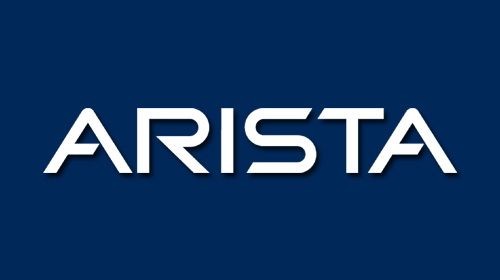
Arista Networks (NYSE:ANET) today announced SwitchApp for Arista 7130, a new ultra-low latency switch that cuts latency to less than a third of existing Arista solutions. SwitchApp is based on the latest programmable FPGA technology and is fully integrated with Arista EOS® (Extensible Operating System). The combination of these technologies allows customers to access financial markets with extraordinary speed, leveraging the flexibility of a full-featured Layer 2/3 switch and the latency of a highly tuned solution.
Trading and Financial Services firms depend on the agility and performance of their networks to respond to new market conditions. Arista SwitchApp is a full-featured 1/10/40G Layer 2/3 switching application that runs on Arista’s 7130 line of programmable FPGA switches. It offers ultra-low latency of under 100ns with Layer 2 switching. FPGAs are extremely flexible off-the-shelf devices which have the benefit of software configurability at a gate level.
“ASX has been an Arista client for many years using successive generations of low latency switches, 7130 hardware, FPGA applications, EOS and the CloudVision software. We’re excited about this latest innovation, which brings all of the technologies together, allowing us to unify our network management and monitoring. This adds up to greater efficiency for us and a better outcome for our customers,” says David Glavin, GM Technology Infrastructure at ASX (Australian Stock Exchange).
“This is a significant step for switch technology. SwitchApp is not only Arista’s lowest latency L2/3 switch but offers clients the feature-richness of EOS’s routing stack and operational model. We’ve brought ultra-low latency and programmable FPGAs to EOS, allowing clients to benefit from the simplicity of a single operating system running across their entire estate,” says Martin Hull, VP Systems Engineering and Platforms at Arista.
Ultra-low latency combined with programmability
Arista has fully exploited re-programmability to allow customers to tune their system for new requirements. Thanks to the FPGA programmability, Arista engineers can add innovative features normally reserved for hardware updates to the heart of the switching pipeline through software updates or configuration options for financial services and low latency applications which rely on the highest levels of performance.
Extending single image consistency to ultra-low-latency environments
Customers can now run EOS across their entire network, including running their ultra-low latency FPGA-based devices on the same operating system which manages the network core. The Arista 7130 Series are also integrated into Arista’s CloudVision software, which provides a network-wide model for provisioning, orchestration and telemetry, acting as a unified control point for third-party overlay controllers, orchestration systems, and security platforms. By using EOS to manage their ultra-low latency and FPGA devices, customers gain significant operational advantages from monitoring to configuration management while maintaining consistency and a familiar configuration experience and feature set. The same EOS software runs across Arista’s entire range of products, so those with certification requirements need only certify a single software release.
The availability of EOS for the 7130 Series and Arista SwitchApp democratizes ultra-low latency, hybrid L1/2/3 switching and FPGA programmability, making these advanced technologies practical for a wider market. These foundational releases mark the beginning of a new era of innovation in this space, and demonstrates a long-term commitment to both financial services and innovative FPGA-based applications from Arista and third parties (via Arista’s FPGA developer’s kit).
7130 SwitchApp - Application Use Cases
SwitchApp’s ultra-low latency L2/3 features, support multiple deployment scenarios:
- Exchange-facing with multiple exchange connections, L1 tapping, routing and redundancy
- Multi-layer MLAG-based leaf-spine including redundant connections
- Multicast publish and subscribe trading networks
Enabling 7130 Series capabilities in EOS opens up L1 technology for use cases, including network tapping and monitoring, media conversion and remote cable management.
The combination of Layer 1, 2 and 3 in the same device allows a hyper-converged high-performance infrastructure within minimal overhead for cabling and maximizing data center flexibility.
Related News
- 01:00 am
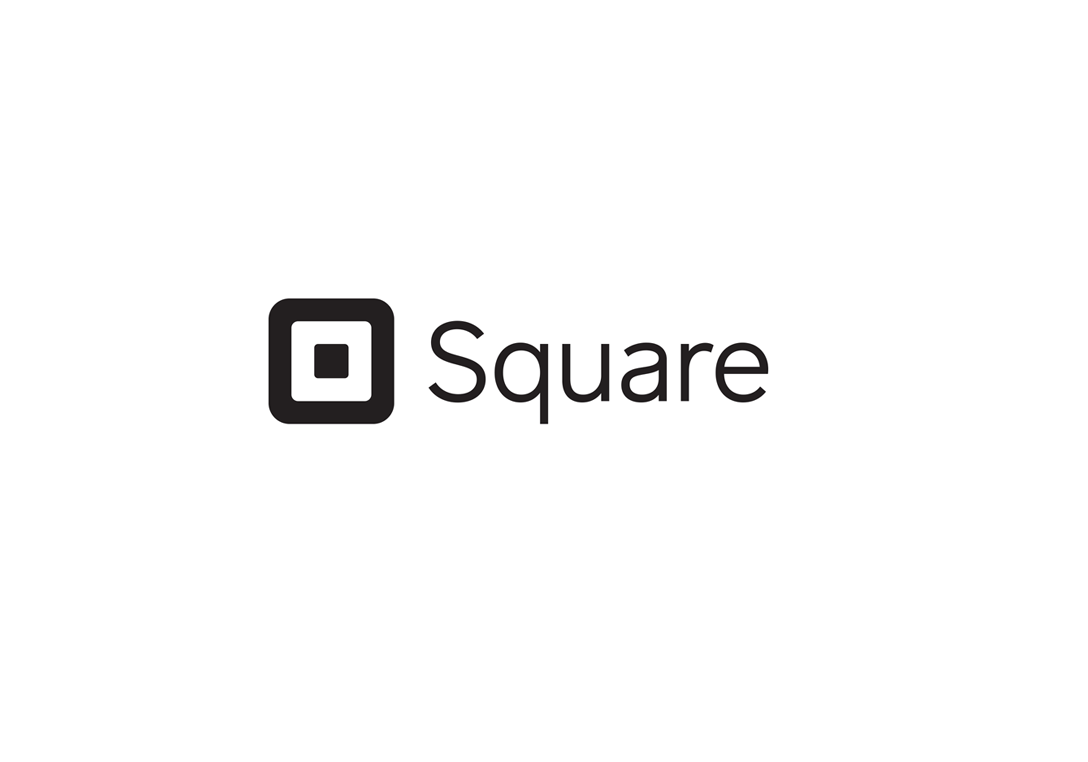
Square, the globally trusted software, payments, and hardware solution for businesses of all sizes, launches in Ireland. Following a successful Early Access Programme, now all merchants and enterprises across Ireland can access Square’s innovative ecosystem with the tools they need to start, run, grow, and adapt their businesses.
Brian Nolan from Gerard’s Deli & Mingles Ice Cream, said: “We’ve been using Square’s suite of products across channels for two of our locations and are now looking to roll this out for all 10 of our businesses in Ireland. Having a point-of-sale system with integrated payments and omnichannel solutions has revolutionised the way we’re able to run our multi-location business, making it an easy and seamless process. We’re pleased we were able to switch to Square during lockdown and feel much more confident in our ability to grow, ensuring we never miss a sale, as we look towards the future.”
Ireland marks the first time Square has launched with a full stack of integrated business tools in a new market. Square’s suite of products are designed to seamlessly work with each other to save businesses time and money, reduce inefficiencies from managing multiple systems, and help sellers grow their businesses in the future. Additionally, Square offers fair, transparent, and merchant-friendly pricing for business software and payment processing without requiring long-term contracts or extra fees. Square takes care of fraud prevention, dispute management, security, and compliance at no additional cost. Businesses can access their funds as soon as the next working day and only pay a transaction fee when they accept a card or mobile payment.
Irish businesses can now sell online, in-person, or both with Square’s integrated suite of products, including:
● Point of sale software and hardware to suit any business: Square launches with two point of sale software products and three versatile hardware devices in Ireland offering both mobile and brick & mortar businesses fully integrated POS software, reliable and secure payments acceptance, and one transparent processing rate of 1.75% for all card-present transactions.
○ Square Point of Sale is the trusted solution used by business owners around the world to process payments, sell anywhere, and manage their customer base. With no long-term contracts or monthly fees, the system is designed for you and your employees to get started quickly. With fast checkout flows, built-in customer management, and intuitive sales reporting, Square Point of Sale makes it easy to run a business customers love.
○ Square for Restaurants extends Square’s core solution by offering industry-specific tools and POS for food and beverage merchants that would ordinarily require multiple vendors, all under one umbrella.
○ Square Terminal, Square Stand, and Square Reader are versatile, easy-to-set-up devices. For a limited time, Square Terminal will be priced at €99 (usually €169), Square Stand will be €79 (usually €99), and Square Reader will be completely free (usually €19) – all available on Square Shop.
● Square Online: Square’s fully integrated e-commerce platform that automatically syncs inventory and orders with any Square Point of Sale makes it seamless for any business to expand through omnichannel selling. Square Online enables sellers across a variety of verticals, from a click-and-collect approach in food and groceries, to a QR code dining platform, to a full ecommerce website for complex retail. Square Online offers a feature-rich free plan (as well as a variety of paid subscription plans) and payment processing is competitively priced at 1.4% + 25c per transaction for EU cards.
● Robust business tools to power operations: Square manages the behind-the-scenes details, giving time back to merchants to focus on running their business. Tools include:
○ Invoices, to save you time and help you get paid faster
○ Online Checkout, to quickly sell online via buy buttons and payment links
○ Virtual Terminal, to use your computer to take payments over the phone
○ Team Management, to streamline timecards and staffing
○ Kitchen Display System, to expedite your kitchen operations – including delivery orders
○ eGift Cards, to provide an additional way to reach customers
● Partner platform and APIs to unlock even more functionality: Square integrates with business tools like Wix, FreshBooks, and Deliverect to enable businesses to use Square seamlessly with third-party software that caters to their specific needs.
“At Square, our growth is directly tied to our customers’ growth – we all succeed together,” said Alyssa Henry, Executive Vice President, Square. “We are thrilled to expand Square’s solutions into Ireland, helping merchants to run their entire business end-to-end with integrated software, hardware, and data analytics, while making it easier for them to take card payments.”
“Independent businesses are the backbone of Ireland’s economy, and deserve the same tools and resources as big enterprises,” said Jason Lalor, Executive Director for Square Europe. “Irish businesses can trust Square to be a fair, transparent, and innovative partner they can rely on to help them run their business in times of uncertainty, and beyond.”
Damien English TD, Minister for Business, Employment and Retail, in welcoming the launch of Square in Ireland, said:
“I know that a long-term goal for many in retail prior to the pandemic was to scale up online offerings to complement their physical stores. This goal has been accelerated due to the pandemic and many have now adopted new digital transformative models to ensure the strong relationships they have built with their customers can continue into the future. I want to see the retail sector develop and become one of our most innovative and resilient sectors in Ireland. It is the largest private sector employer in the country, and supports jobs in every city, town and village.”
Businesses interested in learning more about getting started with Square can visit https://squareup.com/ie/.
Related News
- 05:00 am

Fireblocks (www.fireblocks.com) announced today that it has secured the storage and transfer of $637 billion in digital assets since launching in 2019. The 2023% uptick in transaction volume since last year stems from a surge in demand across large consumer-facing apps that are launching new services or moving to the Fireblocks infrastructure to significantly reduce operational costs and inefficiencies.
With the creation of new Ethereum wallets increasing from 72.7 million to almost 115.3 million from May 2020 to May 2021, the cost of managing thousands of customer wallets and processing millions of transactions on a daily basis has skyrocketed. Utilizing Fireblocks’ blockchain agnostic MPC-based technology, these retail-facing businesses have been able to realize up to 90% in cost savings on ETH management fees. Comparable to multi-sig wallets, a previous standard used by institutions to manage cryptocurrencies, MPC-based technologies can offer new advantages when it comes to safety, scalability, and the ability to support more blockchain assets.
“Retail platforms have seen the steepest increase in operational costs associated with the exponential creation of new wallet addresses and transaction fees on the ETH network,” said Michael Shaulov, CEO and Co-Founder of Fireblocks. “We expect our volume to double before the end of the year as digital asset businesses continue to migrate away from multi-sig wallet technology and begin introducing more offerings for the growing crypto retail market.”
Two months after integrating with Fireblocks, Revolut reported 300,000 new cryptocurrency customers, adding 100,000 of them in the first six days of this year. Celsius Network, one of Fireblocks’ earliest customers, also announced in April it boosted its growth to 500,000 new users with over $10 billion worth of digital assets under management, signaling the continued growth of interest amongst consumers in the digital asset space.
“Thanks to Fireblocks, we significantly reduced blockchain fees for Ether and ERC-20 token transfers. MPC technology eliminates the multi-sig smart contract that makes transactions consume additional gas,” said Max Sapelov, Co-Founder & CTO, CoinLoan.
By providing institutions with an easy-to-use platform and robust API, Fireblocks removes the complexity of working with digital assets while empowering the largest liquidity providers, lending desks, OTCs, and DeFi applications with top-of-the-line insurance, compliance, and security measures to frictionlessly build and scale digital asset products.









